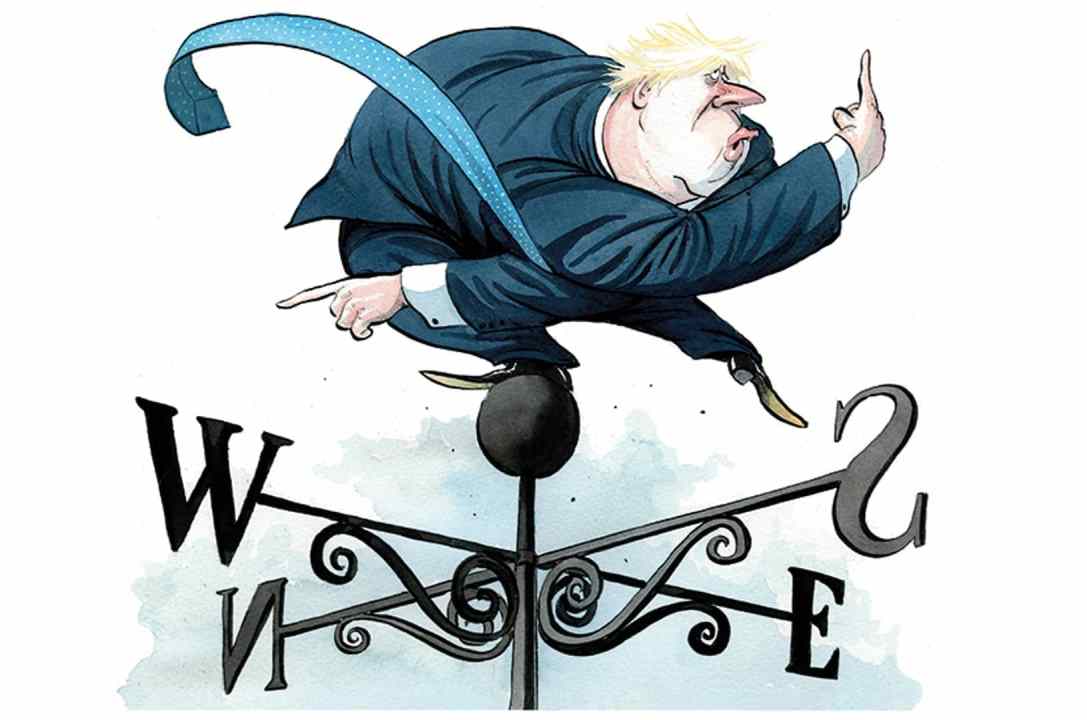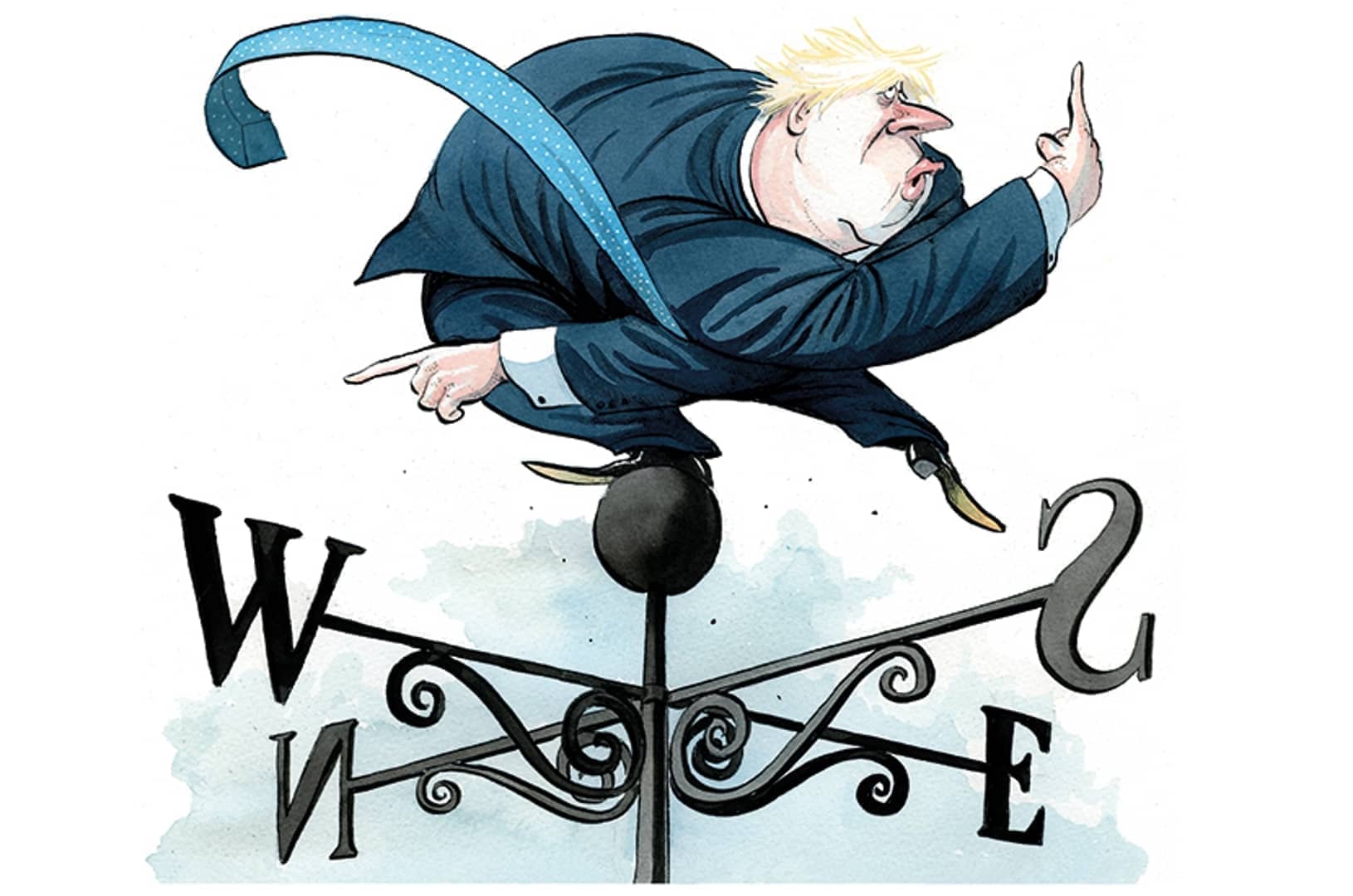So, how did No. 10, the whips office and the Leader of the House get the Paterson situation so wrong? As I say in the Times this morning, experienced parliamentarians had warned that a Tory-only attempt to change the rules would fail. Graham Brady, the chairman of the 1922 committee of Tory backbenchers, had suggested a week ago that a Speaker’s Commission could be asked to look at changes to the way the standards committee operated. This would have ensured that things were done on a cross-party basis; and with the Speaker in the chair, no party would have had a majority. But this advice was ignored. One government source complains that ‘the chief whip just thought he could bulldoze it through’.
How did No. 10 and the whips get the mood of the parliament party so wrong?
Even as the result came through it was clear that the whole plan was in trouble, after all only 250 Tory MPs had voted for it. How did No. 10 and the whips get the mood of the parliament party so wrong? One privy counsellor says that it had been misled by a passionate and well-organised lobbying campaign by the ‘old and the bold’ — those who had served alongside Paterson for many years, liked him and felt a special sympathy for him because of the awful tragedy that befell his family when his wife Rose killed herself last summer. Jacob Rees-Mogg, the Leader of the House, and Mark Spencer, the chief whip, were both emphasising that Tory MPs expected and wanted something to be done.
One former cabinet minister observed after the vote, ‘We saw two parties today. The 2017 and 2019 intakes who didn’t understand why they were being asked to vote for this, and the pre-2010 intakes who were more taken with the idea of protecting one of their own.’
This cleavage in the party could become more of a problem in time, especially as veteran MPs sit for traditional Tory seats while the newer intakes are more likely to represent constituencies that have been Labour until recently. This means that their political interests, as well as approaches, are likely to diverge. It will take careful party management, not the forte of this Downing Street operation, to hold this coalition together. Then there is the issue of Angela Richardson, the junior minister who was sacked and then reinstated after refusing to vote with the government on principle. Many of the new intake will have seen how her reputation has been enhanced by refusing to toe the party line. They will now be less likely to vote for something in future just because they are told that it is what Johnson wants.








Comments